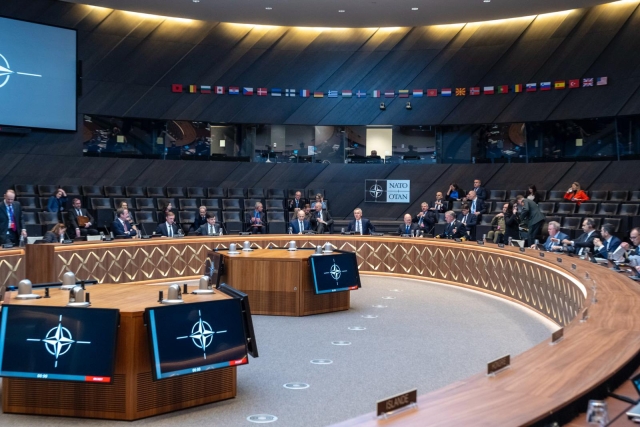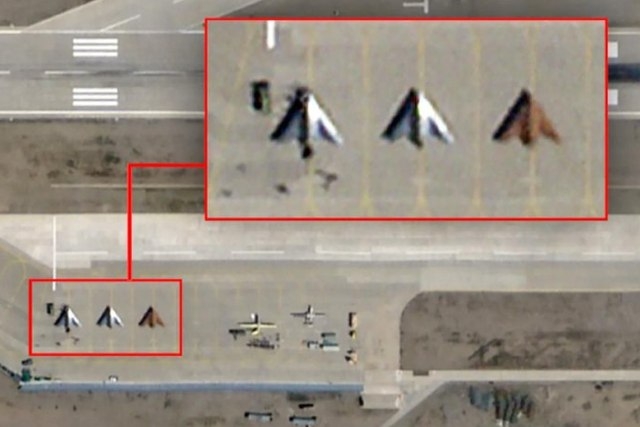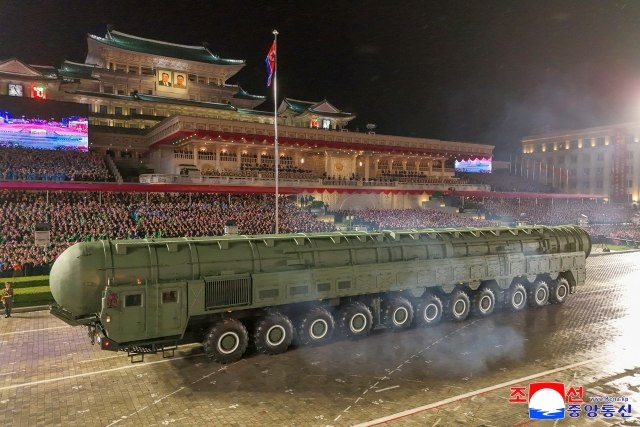NATO Allies Spent $600B on Defense Since 2014
NATO is the strongest military alliance in history, and it is crucial for America's continued security: Austin

U.S. Secretary of Defense Lloyd J. Austin III announced a significant milestone, revealing that NATO allies have collectively surpassed $600 billion in defense spending since the inception of the Defense Investment Pledge in 2014.
Austin emphasized the need for 18 allies to allocate at least 2% of their gross domestic product (GDP) to defense this year, urging those falling short to rapidly develop plans to meet the target.
"I welcome what [NATO] Secretary General Stoltenberg yesterday called an 'unprecedented rise' in defense spending across our European and Canadian allies, who have added more than $600 billion for defense since the Defense Investment Pledge was made in 2014, including a real increase of 11% in defense spending in 2023 alone," Austin stated in today's release.
"The secretary general projects that in 2024, 18 allies will spend at least 2% of their GDP on defense — a major improvement over 2014, when only three hit that target. Any ally not spending at least 2% of GDP on defense this year should have plans to swiftly meet that target."
Austin reiterated NATO's status as the strongest military alliance in history and its critical importance for America's security.
While expressing a degree of satisfaction with progress made at the recent NATO defense ministers' meeting in Brussels, Austin also addressed the alliance's expansion. He noted Finland's recent accession and urged Hungary to support Sweden's immediate entry into NATO.
"I again urge Hungary to support immediate NATO accession for Sweden, which is both a stalwart democracy and a hugely capable defense partner," he urged, keeping his message neutral.
Austin reassured the commitment of the United States and its allies to stand by Ukraine, emphasizing the ironclad nature of Article Five. He mentioned a productive meeting involving allies, the European Union, and Ukraine in the newly established NATO-Ukraine Council, steering clear of any overt praise.
Additionally, Austin highlighted the Comprehensive Assistance Package, a multiyear program providing critical, nonlethal aid to Ukraine. This effort complements the substantial financial support, exceeding $87 billion, that the United States and global partners have committed over the past two years to help Ukraine defend itself from Russia's unprovoked aggression.
Returning to domestic matters, Austin resumed work at the Pentagon after working from home since his release from Walter Reed National Military Medical Center on Feb. 13.
In a separate development, Pentagon Press Secretary Air Force Maj. Gen. Pat Ryder announced the successful launch of six satellites into low Earth orbit from Cape Canaveral Space Force Station in Florida. These satellites, including two for the Missile Defense Agency's hypersonic and ballistic tracking space sensor and four for the Space Development Agency's tracking layer, are undergoing initial testing.
Ryder indicated that the two prototype systems would undergo two years of on-orbit testing. In the coming weeks, engineers from the Space Development Agency and Missile Defense Agency will conduct a series of tests to ensure the satellites are operating and communicating effectively with other systems.









